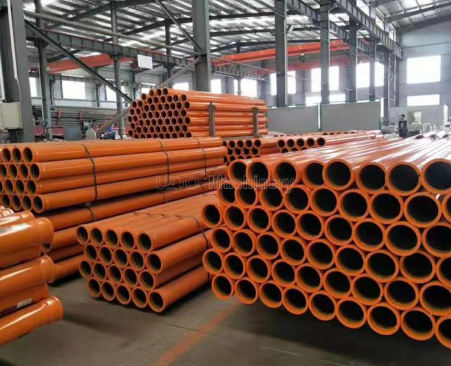The hard and soft costs required for founding a ready-mixed concrete operation are often transparent. However, decisions regarding these hard/soft costs that are made hastily or made in the effort of saving time or money have the potential for serious consequences. Each choice must be carefully considered with the end in mind. That is, each decision must rely on the final day-to-day functionality of the batch facility.

Recently, a customer in the process of developing their first batching facility was faced with a decision regarding the purchase of the property to be used as the site for the batching plant. The decision was simple: move forward with acquiring the property and continue the project along or continue looking and push the project timeline out.
In this industry, finding the right property is challenging. With permitting, zoning, building, and structural requirements fluctuating through time and across cities/counties, finding a property that hits the "sweet spot" of concrete batch plant red tape can be like finding a needle in a haystack. It is exciting to find the property that has a regulatory green light for moving forward with this type of project. So, the customer decided to move forward with acquiring the property.
Soon, the not-so-transparent costs of the seemingly innocuous decision became reality. This particular property is on the smaller side of what you would typically see for concrete batching facilities. This creates large, expensive obstacles. A lack of space limits the owner's ability to truly optimize the site for traffic patterns to maximize production, inherently increasing the cost of production. Further, it directly limits the type (& size) of the batch plant that can be utilized on-site. If the owner wanted a 200+ yard per hour batch plant his costs to do so have now increased dramatically, and there will likely be some other trade-off that will need to be made (i.e., aggregate stockpile storage capacity). On top of this, the site electrical is only rated for 250-amp service, and a typical batch plant facility runs at 400+ amp service. The problems only stack up from here. Now, to get the site ready for any batch plant at all, the electrical service needs to be upgraded ($80k+), and even then, the options for what type of batch plant will fit on the site are extremely limited. This customer has a piece of property that is unusable currently. With a contractual commitment to producing concrete in 6 months, this owner is deep in the mud (concrete puns anyone?)
In our experience, proper vetting of potential sites takes into account a multitude of important but not-so-obvious criteria, such as city & county regulations, local existing ready-mix markets, location of material supply sources, air emission requirements, permitting, etc. It is this vetting that has proven itself time and time again to be the surest way to avoid these potentially venture-ending oversights.
At the end of the day, you do not know what you do not know, and that's ok.
Thank you for reading this blog post. We are a Concrete Batching Plant Parts supplier. Have a product that you are curious about? Please do not hesitate to reach out us for assistance in any step of your business venture planning process.
Related Articles
Comments
Please Join Us to post.
0